Sleep Apnea Treatment in Koramangala, Bangalore
Sleep Apnoea is a serious sleeping disorder in which a person’s breathing starts and stops abruptly while they are sleeping. If you snore loudly or feel under-rested even after a full night’s sleep, you might be experiencing sleep apnoea.
Sleep apnoea is a very common disorder that can affect people of all age groups. It is said to be more common in men than in women. If you wake up at night gasping or choking, you must consider contacting sleep apnoea doctors in Bangalore.
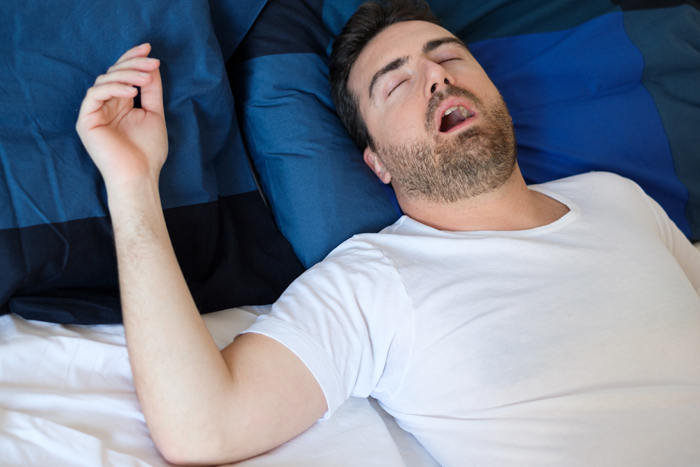
What do we need to know about sleep apnoea? What are the different types of sleep apnoea?
Sleep apnoea is a potentially dangerous disorder. A person can stop breathing repeatedly, even more than a hundred times at night, according to studies. It also means that the brain is not getting enough rest and oxygen.
There are three types of sleep apnoea:
- Obstructive Sleep Apnoea: This is the most common form. It occurs when the throat muscle relaxes.
- Central Sleep Apnoea: This occurs when the brain can’t send appropriate signals to the muscles that control breathing.
- Complex Sleep Apnoea Syndrome: This occurs when a person has both Obstructive Sleep Apnoea and Central Sleep Apnoea.
- For further information, you can search for ‘sleep apnoea specialist near me’ online.
What are the symptoms of sleep apnoea?
The symptoms of Obstructive and Central Sleep Apnoea overlap sometimes. Here are some common symptoms:
- Loud Snoring
- Gasping for air while sleeping
- Awakening with a dry mouth
- Feeling under-rested after a full night’s sleep
- Morning headaches
- Difficulty in falling asleep (insomnia)
- Excessive daytime sleepiness (hypersomnia)
- Difficulty paying attention while awake
- Irritability
- Fatigue
What are the causes of sleep apnoea?
Obstructive Sleep Apnoea occurs when the muscles in the back of your throat relax and don’t allow air to pass. Due to less air, the amount of oxygen reaching your brain decreases. You might choke or gasp in your sleep, but usually you won’t remember it in the morning. This is the reason why sleep apnoea patients often feel under-rested.
In Central Sleep Apnoea, your brain stops sending signals to the breathing muscles. Hence, you might stop breathing for a short while. You might wake up due to shortness of breath or have trouble falling asleep. This is a rarer form of sleep apnoea.
When do you need to see a doctor?
If you are snoring loudly at night, it is the most common symptom of sleep apnoea. But some people don’t snore, so you should contact your doctor if you see any of the other symptoms mentioned above. If they persist and make you uneasy or worried, it is better to get it checked.
You can request an appointment at Apollo Spectra Hospitals, Koramangala, Bangalore.
Call 1860 500 2244 to book an appointment.
What are the risk factors and complications like?
- Excess weight: Being overweight or obese raises the threat of having sleep apnoea, as fat accumulation can interfere with breathing.
- Neck circumference: People who have a thicker neck, usually have a narrow airway
- Men at risk: Men are at two to three times more at risk of getting sleep apnoea than women.
- Old age: Sleep apnoea is more common in old age.
Use of alcohol or tranquilizers and sedatives: These can relax the muscles in your throat and worsen your sleep apnoea.
Complications
If left untreated, sleep apnoea can lead to:
- Daytime fatigue
- High blood pressure
- Heart problems
- Type 2 diabetes
- Metabolic syndrome
- Liver problems
- Sleep-deprived partners
- ADHD
- Depression
- Stroke
- Headaches
What is the treatment available?
For milder cases, a doctor might recommend several lifestyle changes, such as losing weight, quitting smoking or alcohol. The doctor might also recommend anti-allergy medications if you have nasal allergies.
But if your sleep apnoea is moderate or severe, there are several other options you can explore.
- Continuous Positive Airway Pressure (CPAP): It is a device that delivers air pressure to you while sleeping
- Some other airway devices like BPAP (Bilevel Positive Airway Pressure)
- Oral appliances that help in keeping the throat open
- Supplemental oxygen
If other treatments fail, the only other treatment option is surgery.You can get various types of surgery done.
- Tissue removal, where the tissues are removed from the top of your throat and the rear of your mouth
- Tissue shrinkage, where the tissue at the back of your mouth is shrunk
- Jaw repositioning
- Implants
- Nerve stimulation
- Tracheostomy or creating a new air passageway
Conclusion
Sleep apnoea is an extremely common disease. It can affect people of any age, but people aged above 50 and those who are overweight are particularly at risk.
Some case can be fatal. It also results in other problems like heart diseases and blood pressure.
Sleep apnoea is very common and affects 25% of the male population and 10% of the female population.
To avoid getting sleep apnoea, you must maintain a healthy weight and quit smoking or excessive alcohol consumption. You can also try yoga and change your sleeping position. This helps when the sleep apnoea is mild.
Symptoms
Our Doctors
DR. SHRUTI BACHALLI
MBBS, MD (Anaesthesi...
| Experience | : | 16 Yeras Experience |
|---|---|---|
| Speciality | : | Pain Management... | Location | : | Koramangala |
| Timings | : | Available by prior a... |
DR. AMIT G YELSANGIKAR
MBBS, MD (General Me...
| Experience | : | 20 Yeras Experience |
|---|---|---|
| Speciality | : | Gastroenterology... | Location | : | Koramangala |
| Timings | : | Mon, Wed, Fri : 5:30... |
DR. HARIHARA MURTHY
MBBS, MS...
| Experience | : | 26 Yeras Experience |
|---|---|---|
| Speciality | : | ENT, Head and Neck S... | Location | : | Koramangala |
| Timings | : | Mon, Wed & Thur : 3:... |
DR. KARISHMA V. PATEL
M.B.B.S, DNB...
| Experience | : | 7 Yeras Experience |
|---|---|---|
| Speciality | : | ENT, Head and Neck S... | Location | : | Koramangala |
| Timings | : | Mon, Wed, Fri : 6:00... |
DR. ROMA HAIDER
BDS...
| Experience | : | 20 Yeras Experience |
|---|---|---|
| Speciality | : | Dental and Maxillofa... | Location | : | Koramangala |
| Timings | : | Mon - Sat : 10:00 AM... |
DR. SHABBIR AHMED
MBBS, DM (Gastroente...
| Experience | : | 30 Yeras Experience |
|---|---|---|
| Speciality | : | Gastroenterology... | Location | : | Koramangala |
| Timings | : | Mon - Sat : 6:00 PM ... |
DR. J G SHARATH KUMAR
MBBS, MS (GENERAL SU...
| Experience | : | 13 Yeras Experience |
|---|---|---|
| Speciality | : | General & Laparoscop... | Location | : | Koramangala |
| Timings | : | Mon to Sat : 8:30 AM... |
DR. TUSHAR B MUNNOLI
MBBS, MD - Anaesthes...
| Experience | : | 8 Yeras Experience |
|---|---|---|
| Speciality | : | Pain Management... | Location | : | Koramangala |
| Timings | : | Wed : 11:00 AM to 2:... |
DR. GIRISH P V
MBBS, MD - General M...
| Experience | : | 20 Yeras Experience |
|---|---|---|
| Speciality | : | Gastroenterology... | Location | : | Koramangala |
| Timings | : | Mon, Thur : 5:00 PM ... |
DR. MANASWINI RAMACHANDRA
MS...
| Experience | : | 9 Yeras Experience |
|---|---|---|
| Speciality | : | ENT, Head and Neck S... | Location | : | Koramangala |
| Timings | : | Mon - Sat : 9:00 AM ... |
DR. MURALIDHAR T S
MBBS, MD (Anaesthesi...
| Experience | : | 25 Yeras Experience |
|---|---|---|
| Speciality | : | Pain Management... | Location | : | Koramangala |
| Timings | : | Sun : 9:00 AM to 5:0... |
Our Top Specialities
NOTICE BOARD
CONTACT US
CONTACT US
 Book Appointment
Book Appointment


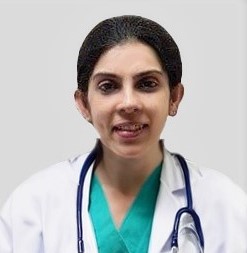
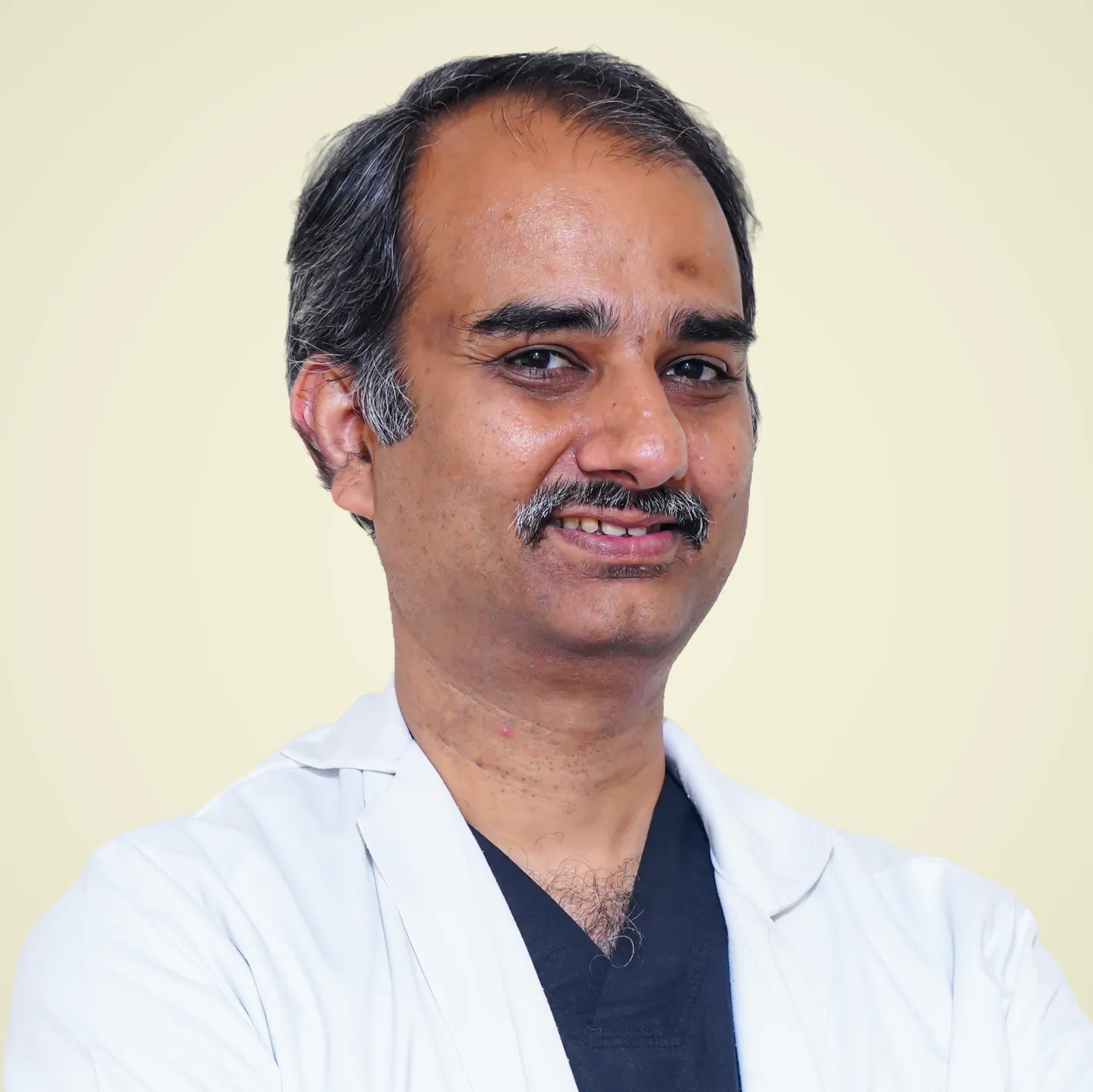




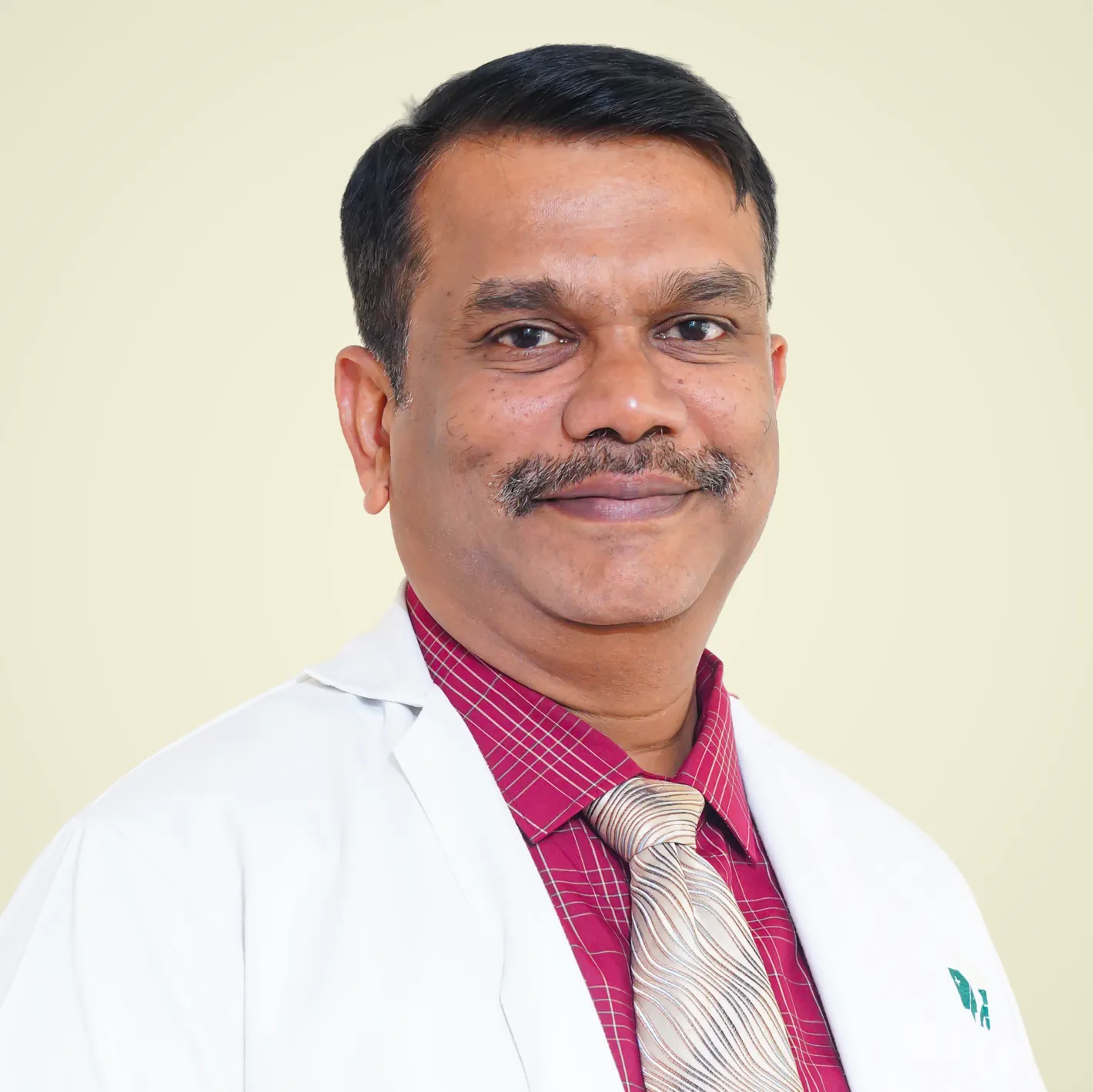

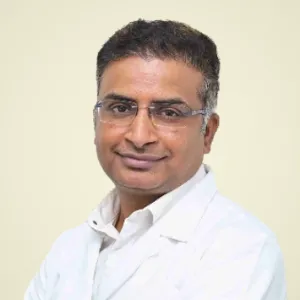

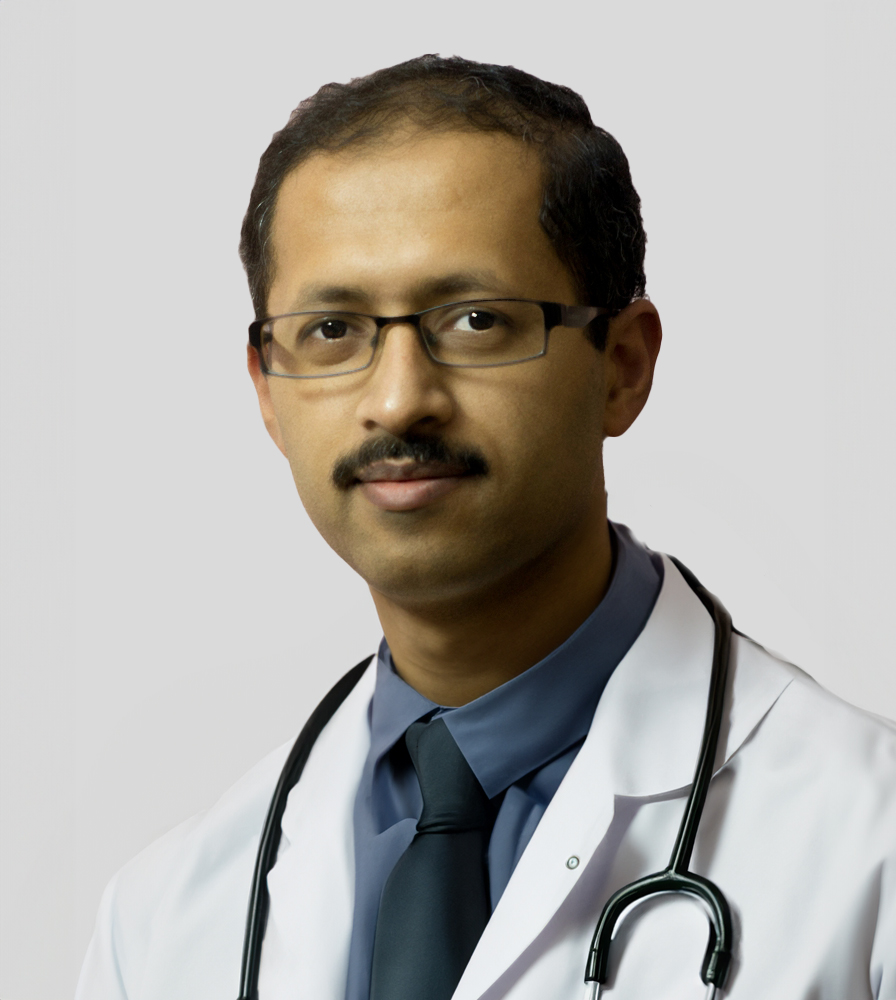
.svg)
.svg)
.svg)
.svg)








